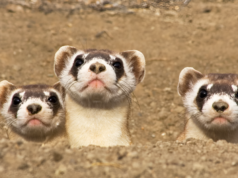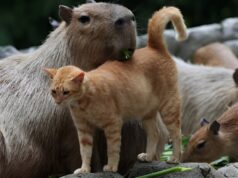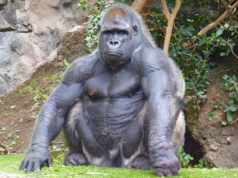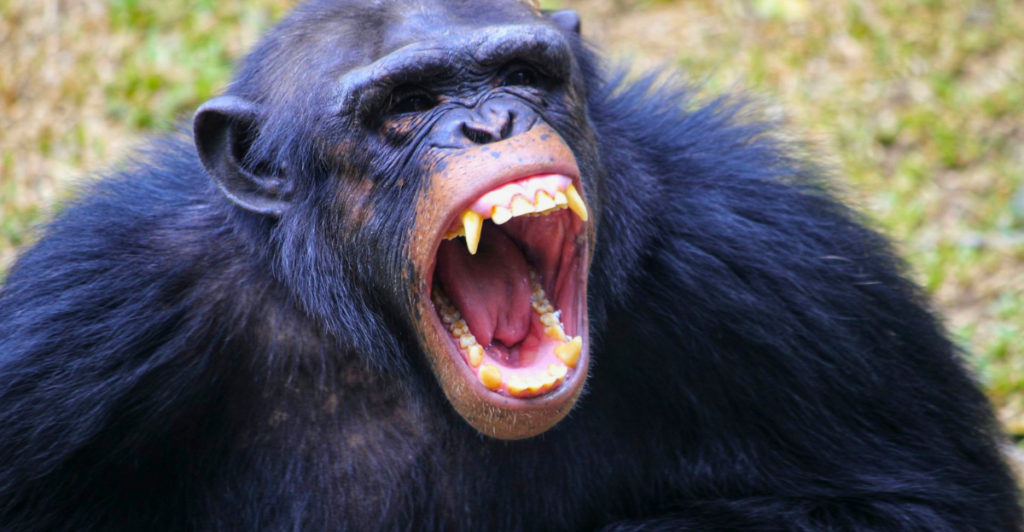
From fierce territorial battles to venomous bites, these monkeys have secured their places as the most dangerous primates on Earth. Whether through brute strength, fierce aggression, or disease, these 12 primates should not be underestimated.
Chimpanzees (Pan Troglodytes)
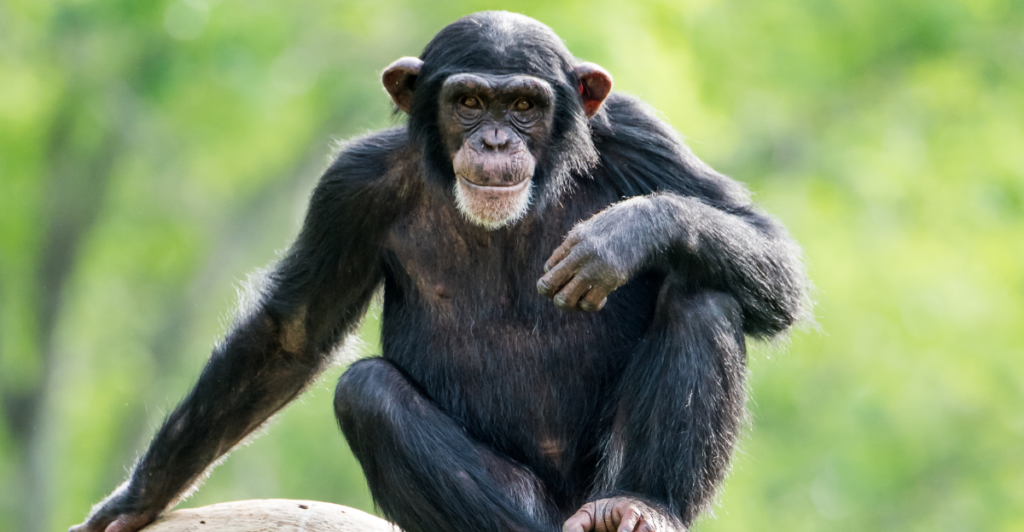
Chimpanzees are incredibly strong and able to overpower humans with ease. Their powerful jaws and aggressive behavior make them capable of inflicting serious harm when provoked. Though their intelligence is impressive, it’s their unpredictable strength and territorial instincts that truly make them dangerous. Did you know that chimps are closely related to humans, sharing 98% of their DNA?
Baboons (Papio)
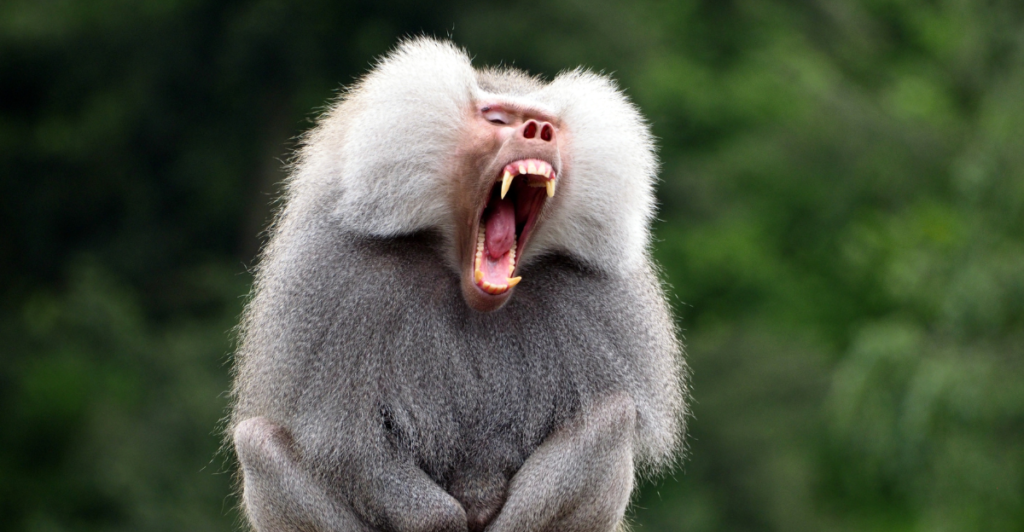
Baboons travel in packs and are not shy about showing aggression. Species like olive, hamadryas, and Cape baboons are infamous for raiding homes, stealing food, and even attacking humans. Their strength, intelligence, and pack mentality make them formidable opponents, especially when they feel threatened.
Rhesus Macaques (Macaca Mulatta)
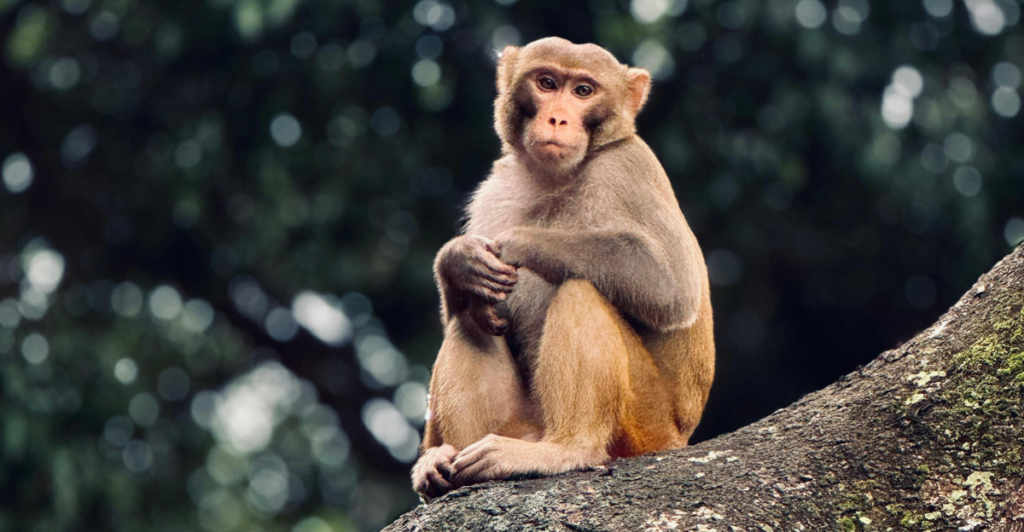
Rhesus macaques may seem harmless, but their aggression can be triggered in an instant. Equipped with sharp teeth and powerful bites, they’re known to defend themselves fiercely. These monkeys also carry dangerous diseases like the B-virus, adding an extra layer of risk for humans.
Mandrills (Mandrillus Sphinx)
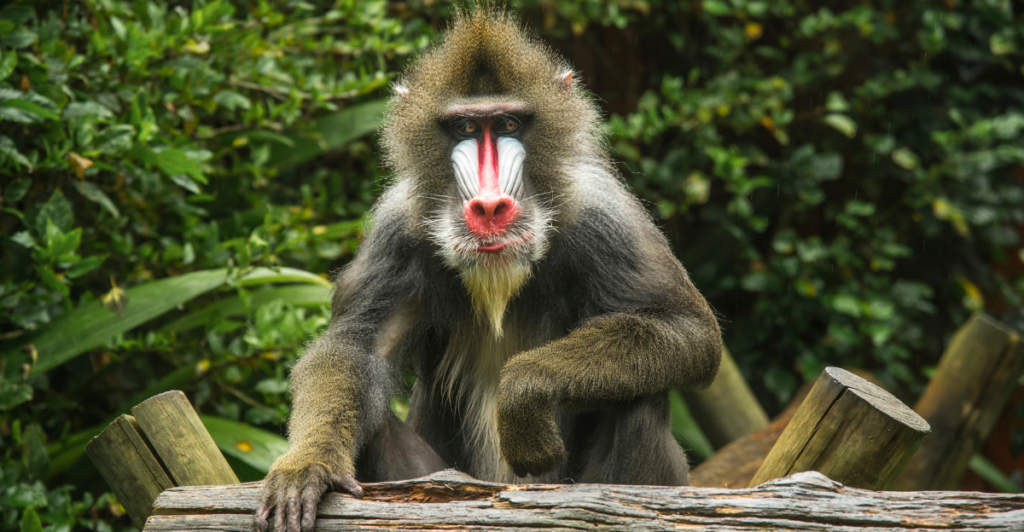
Mandrills are large, aggressive, and fiercely protective of their territory. These are often mistaken for baboons. With sharp teeth and powerful jaws, they’ll defend their domain at all costs. Their striking, colorful appearance might be deceiving, but anyone who crosses their path risks a dangerous confrontation.
Japanese Macaques (Macaca Fuscata)
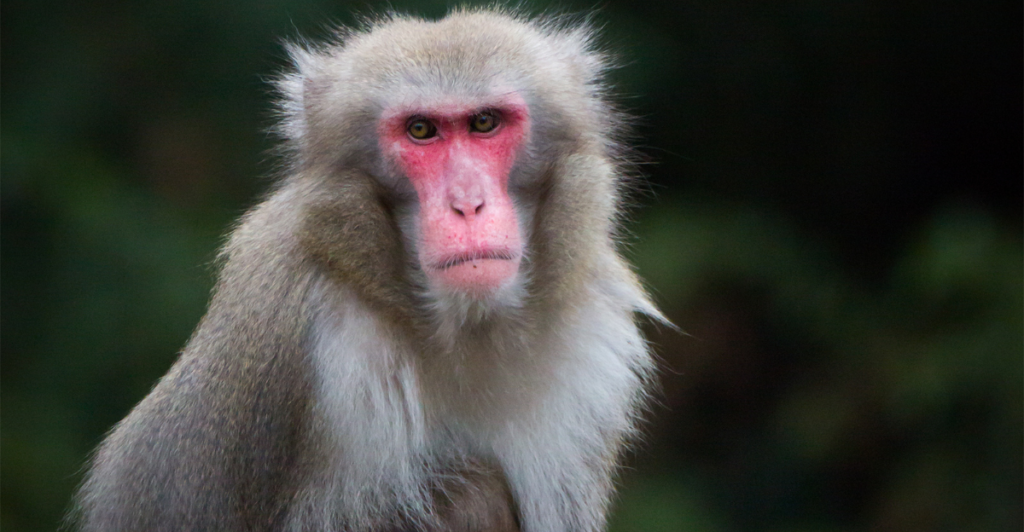
Also known as snow monkeys, Japanese macaques might seem cute at first glance, but they can be dangerous. When food is scarce, they raid farms, causing crop damage and chaos. Though their social behaviors are intriguing, their boldness in seeking food makes them a dangerous encounter.
Slow Loris (Nycticebus Coucang)
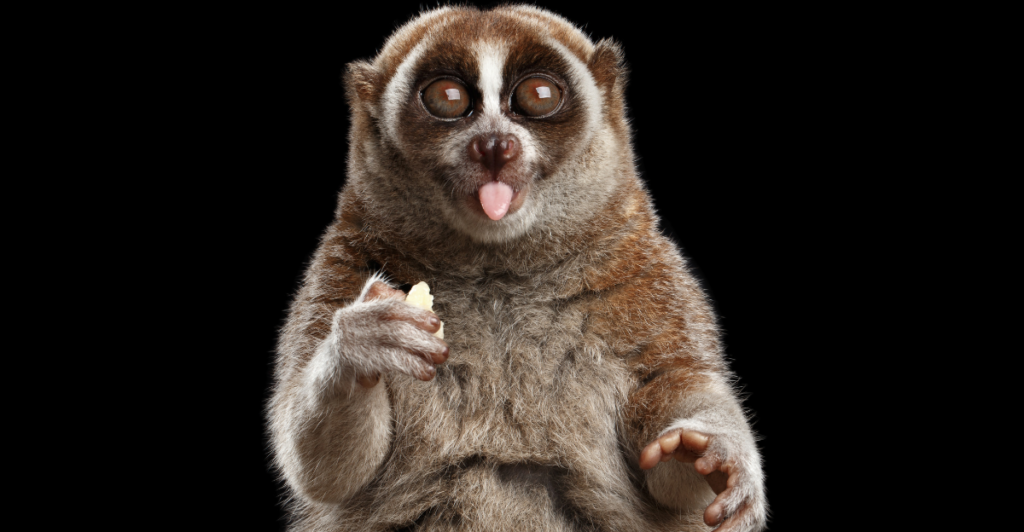
With its big eyes and tiny, fuzzy body, the slow loris looks harmless—but don’t be fooled. This primate has a venomous bite powerful enough to rot flesh and even cause anaphylactic shock. The only primate with a toxic bite, it can pierce bone and even be fatal if untreated. Cute? Yes. Safe to handle? Absolutely not.
Capuchin Monkeys (Cebinae)
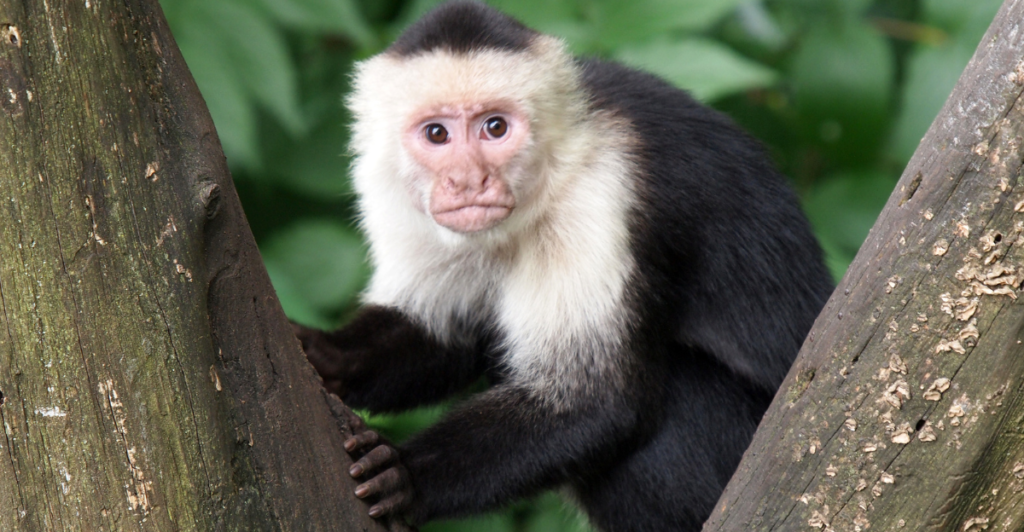
You might recognize Capuchin monkeys from TV shows and movies, but do not be mistaken, with its strong jaws and sharp teeth, these monkeys can strike if startled or threatened, particularly when kept as pets. Their bite can be fierce, making them dangerous in unexpected situations.
Howler Monkeys
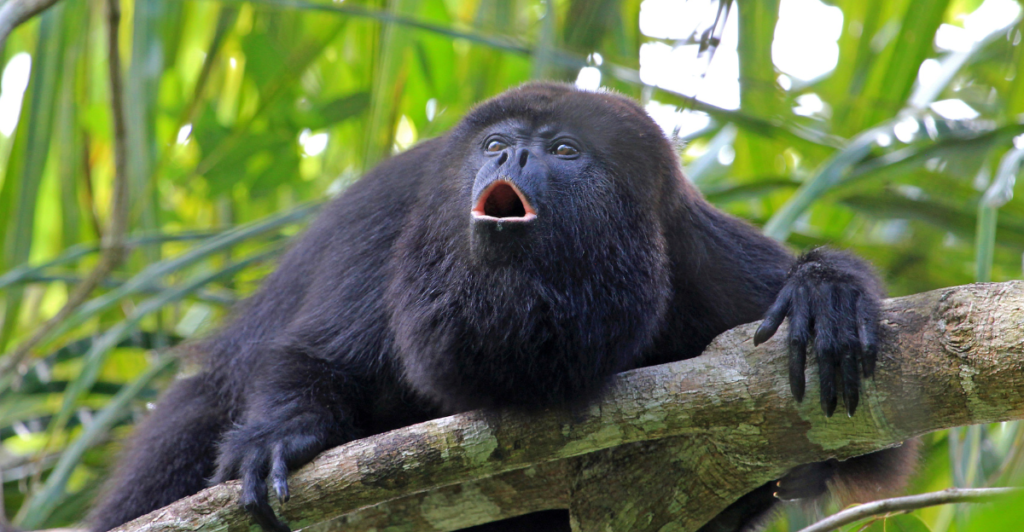
Howler monkeys may not be aggressive, but they’re dangerous in other ways. These primates are major carriers of malaria and yellow fever, with outbreaks linked to their spread. If that’s not enough, their deafening calls—louder than an air horn—can cause permanent hearing loss if you’re too close. Disease and ear damage? A double threat!
Bald Uakaris
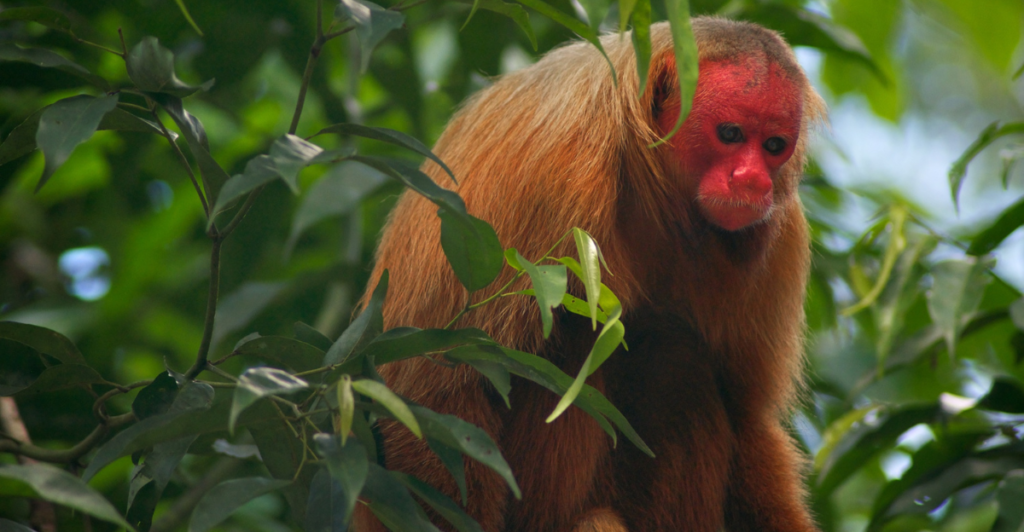
With their bright red, hairless faces, bald uakaris may look intimidating, but don’t let their appearance fool you. Native to the Amazon, these monkeys are typically docile and prefer to keep to themselves. Though they may flash their large canines as a warning, they are not particularly dangerous.
Gelada
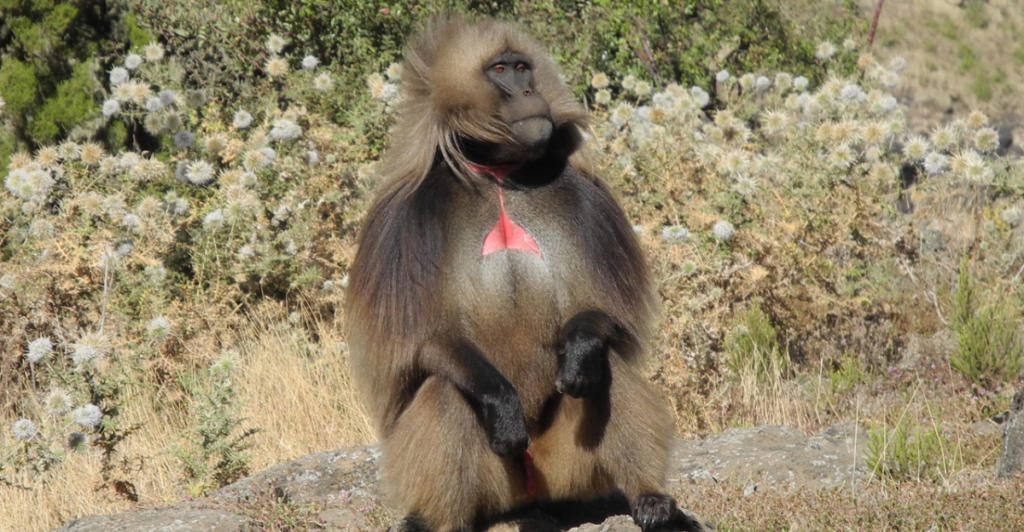
Geladas may appear calm, but don’t be fooled—they can become savage when provoked. With sharp teeth and quick tempers, these primates strike with little warning. Their aggression, often aimed at humans in their territory, makes them one of the more dangerous species in the wild.
Spider Monkeys (Ateles Fusciceps)
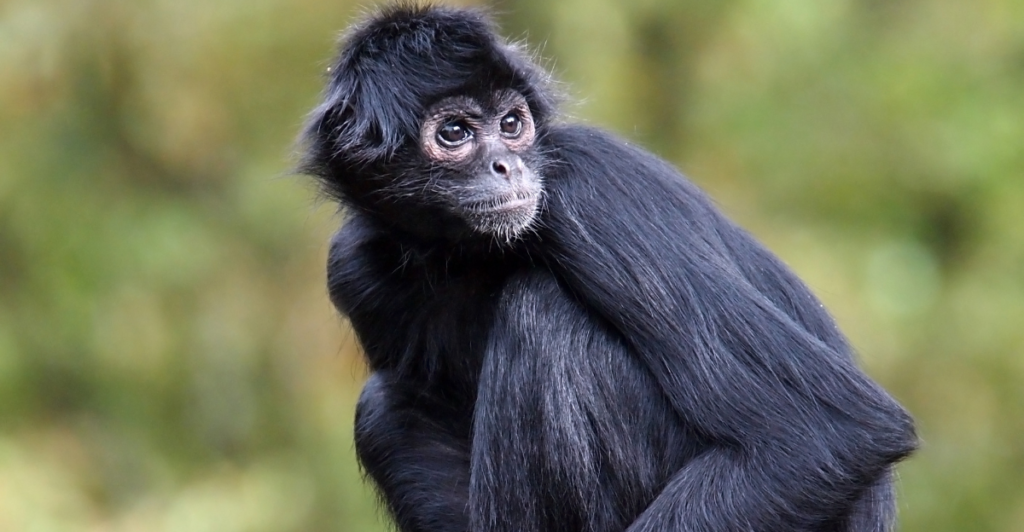
While typically gentle, spider monkeys can become aggressive when isolated. When kept alone, they have been known to lash out, showing violent behaviors like biting and choking. In the wild, they are social creatures, but caution is essential—they can turn aggressive if they feel threatened or cornered.
Rhesus Macaques (Macaca Mulatta)
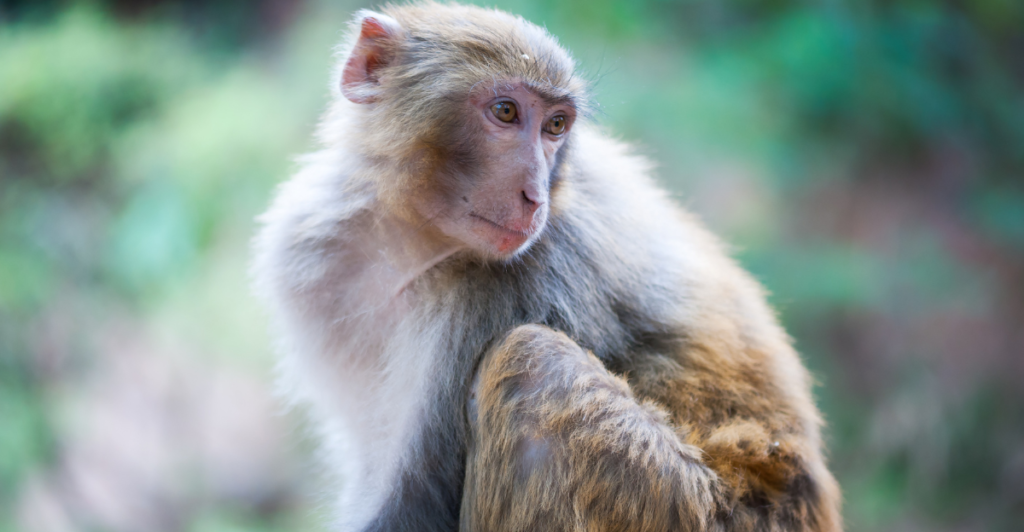
Found in Asia and even Florida, rhesus macaques live close to humans—and that’s where trouble starts. Though not aggressive by nature, they’ll bite, scratch, and tear when provoked. Worse, Florida’s macaques carry a deadly strain of herpes, making any attack potentially fatal. These small monkeys may seem harmless, but getting too close is a serious risk.
Discover more of our trending stories and follow us to keep them appearing in your feed

California Is Breaking Apart: A Fault Line Is Forming Faster Than Anyone Predicted
The War on Cows Is Over—And Green Extremists Have Lost
Massive Solar Plant Is Shutting Down Early—Saving Californians Over $500M
Meet the Massive Crocodiles That Make Their Homes 40 Feet Underground
References:
Reference 1
Reference 2
This article first appeared here
Stay connected with us for more stories like this! Follow us to get the latest updates or hit the Follow button at the top of this article, and let us know what you think by leaving your feedback below. We’d love to hear from you!


